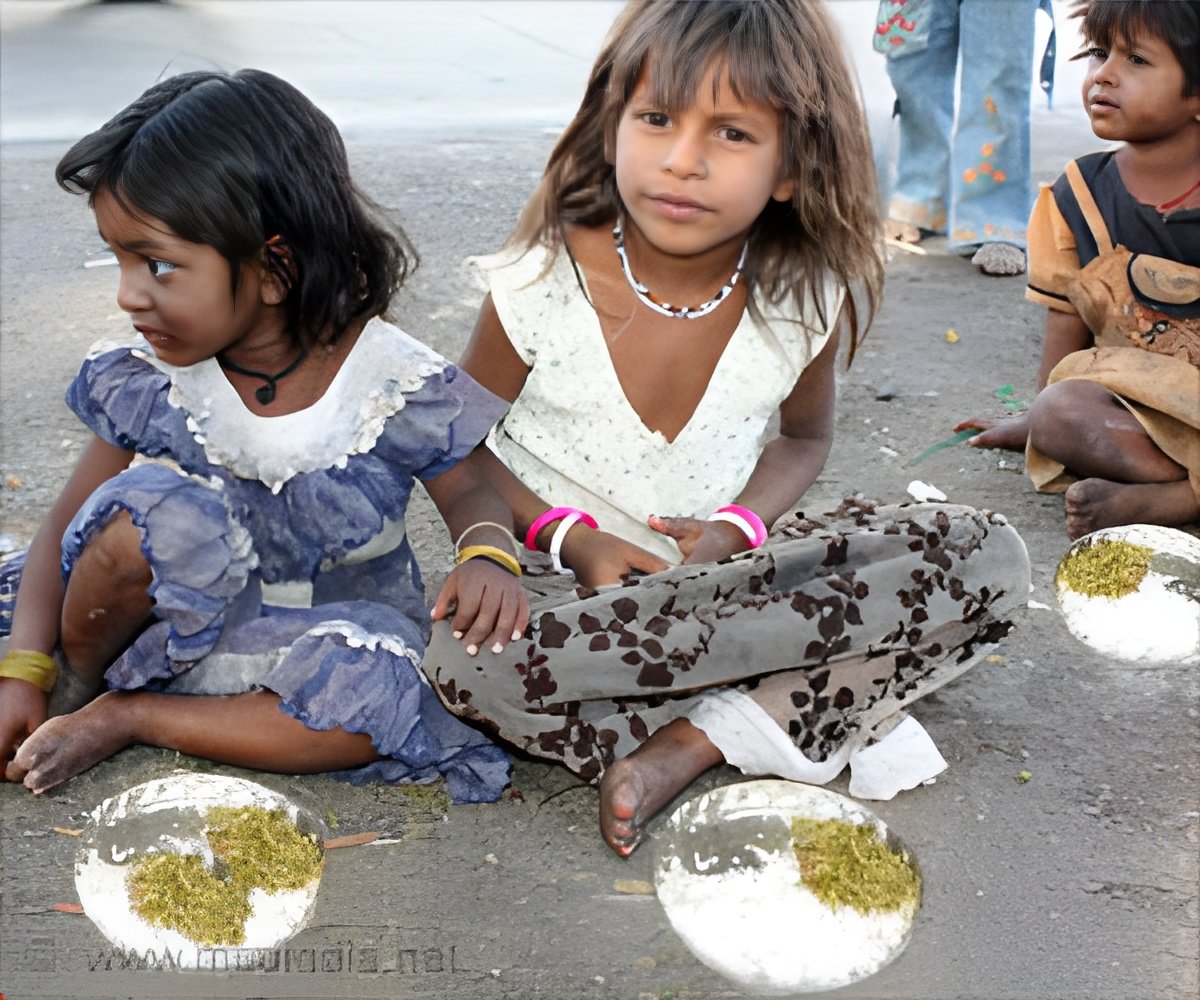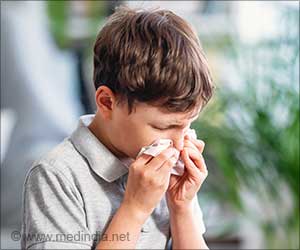
‘Global COVID-19 pandemic has not only devastated the immunity of people but also caused a 25% increase in food insufficiency. This has worsened the symptoms of anxiety and depression among these populations.’
Tweet it Now
Food insufficiency and mental health "People of color are disproportionately affected by both food insufficiency and COVID-19. Many of these individuals have experienced job loss and higher rates of poverty during the pandemic", says Jason Nagata, MD, MSc, assistant professor of pediatrics at the University of California, San Francisco and lead author on the study.
65% of Americans reported anxiety symptoms and 52% reported depressive symptoms in the survey. Insufficient food intake had worse effect on mental health, with 89% of food-insufficient Americans reporting anxiety symptoms compared to 63% of food-sufficient Americans.
Similarly, 83% of food-insufficient Americans, compared to 49% of food-sufficient, Americans reported depressive symptoms.
Worrying about not getting enough food to eat with hunger itself worsens the depression and anxiety symptoms.
Advertisement
Source-Medindia











